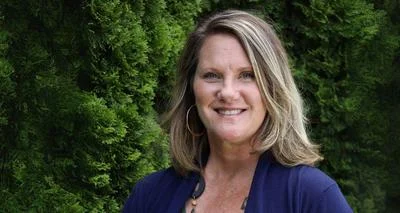Senator Chris Larson District 7 | Official U.S. Senate headshot
Senator Chris Larson District 7 | Official U.S. Senate headshot
In the 2022-23 school year, Wisconsin's 421 public school districts reported over $2 billion in special education costs. Approximately $1.2 billion of those costs were not reimbursed, leaving local property taxpayers responsible for the shortfall. In 2024, 147 school districts placed operating referendum questions on local ballots, with a combined annual cost of $763 million. Those same districts faced a total of $515.3 million in unreimbursed special education costs in 2022-23.
This indicates that over two-thirds of the dollars sought through operating referendums in 2024 can be attributed to unreimbursed special education costs alone. In some districts, this ratio is much higher. In South Milwaukee, unreimbursed special education costs are nearly double the $2 million annual cost of their successful April 2024 operating referendum. The same situation applies to West Allis-West Milwaukee School District, which has a $5.8 million operating referendum on the ballot this November.
Senator Larson commented: “Republican legislators love to talk about tax cuts, but what they don’t say is that their K-12 education budgets have caused districts to go to referendum at a record pace, forcing Wisconsinites to choose between raising their own property taxes and short-changing their kids’ futures. Fortunately for our kids, the vast majority of these referendums have passed, but there is a limit to what our communities can bear. With a mere 60% passage rate for school referendums this spring, that limit may be fast approaching. It’s time the state did its job by providing our public schools with at least the same level of special education funding that voucher schools get.”
For a complete list of districts with operating referendums on Wisconsin ballots in 2024 and how their annual amounts compare to these districts' unreimbursed special education costs, CLICK HERE. This data was compiled using primary source documents from the Wisconsin Department of Public Instruction (DPI).






 Alerts Sign-up
Alerts Sign-up